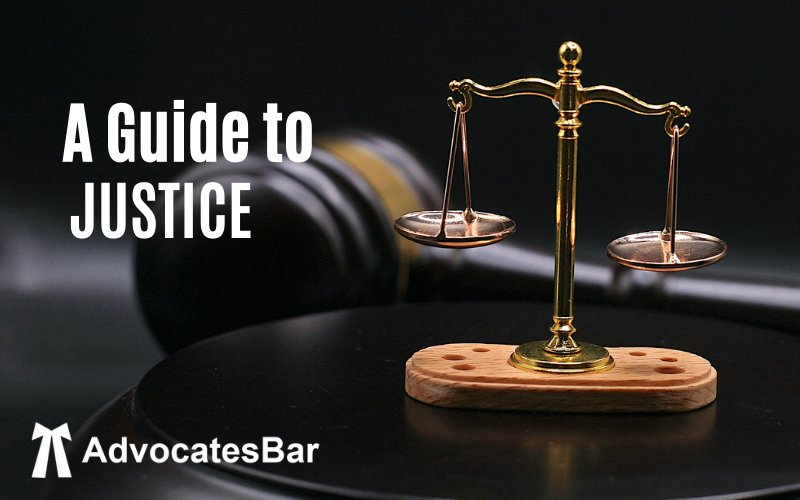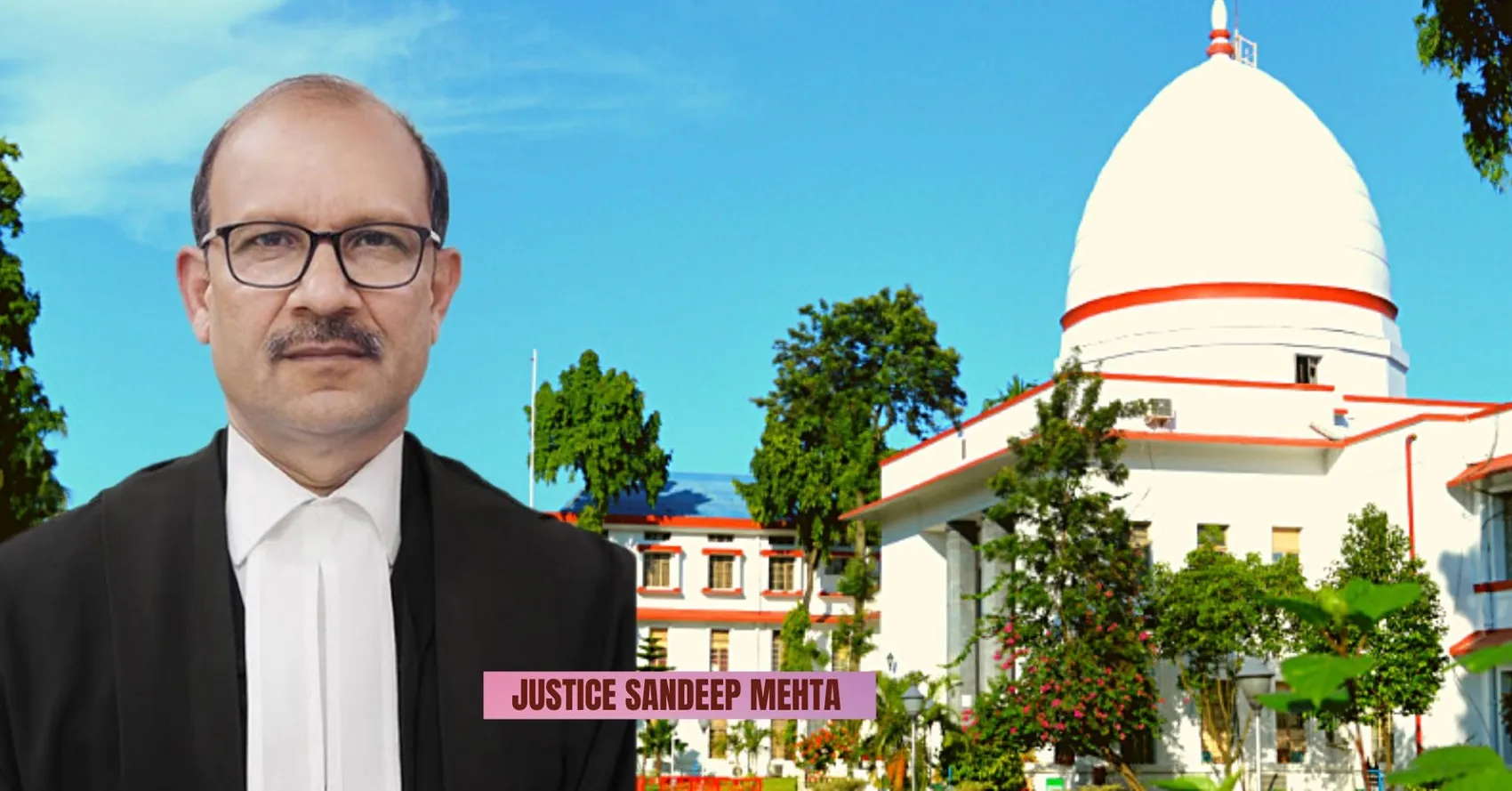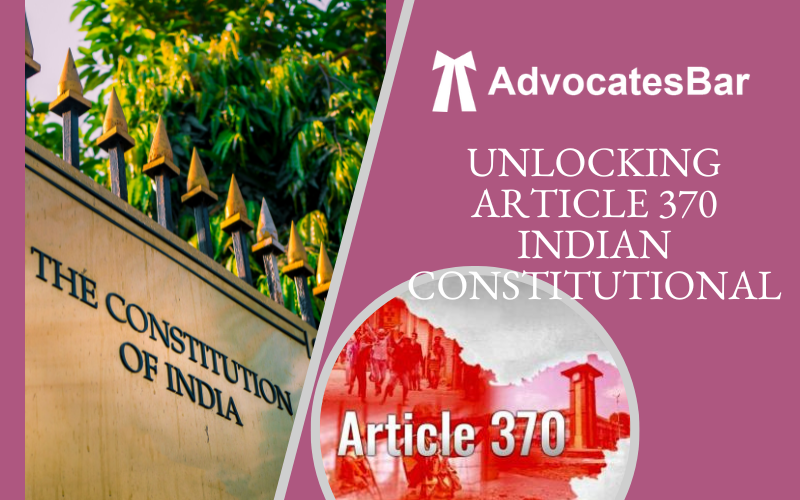Reports Centre’s Deliberation On Exempting Christians And Tribals From Uniform Civil Code
The Indian government has been mooting the perpetration of a Uniform Civil Code that would apply to all citizens anyhow of their religion.still, according to recent reports, the Centre is considering exempting Christians and tribals from this civil law. This is a largely controversial issue and has sparked exchanges throughout India.
1.Background on Uniform Civil Code and its contestation

Livery Civil law( UCC) is a offer to replace particular laws grounded on religion with a common set of civil laws applicable to all citizens anyhow of their religious beliefs. The idea of a UCC has been a long- standing demand by proponents of gender equivalency and denomination.
still, it has faced strong opposition from religious leaders who view it as an attack on their artistic and religious identity. The UCC contestation has been a polarizing issue in Indian politics, with debates ranging from the significance of conserving religious identity to icing gender justice.
The perpetration of UCC would bear emendations to colorful particular laws, including those governing marriage, divorce, heritage, and relinquishment, which have been historically shaped by religious beliefs. Amid this contestation, reports suggest that the Centre is considering exempting Christians and Tribals from the UCC.
2.Reports on Centre’s deliberation on impunity of Christians and Tribals from UCC

Recent reports have exfoliate light on the Centre’s ongoing deliberation regarding the impunity of Christians and Tribals from the Uniform Civil Code( UCC). The UCC is a contentious issue that seeks to bring about a common set of laws governing particular matters similar as marriage, divorce, heritage, and relinquishment for all citizens, anyhow of their religious or artistic background.
The reports suggest that the Centre is considering the impunity of Christians and Tribals from the UCC, citing enterprises over their distinct artistic practices and traditions. Proponents argue that impunity would be a step towards conserving diversity and guarding the rights of nonage communities. They argue that forcing these communities to cleave to a invariant civil law could lead to artistic assimilation and erode their unique individualities.
still, critics argue that similar impunity would undermine the abecedarian principles of equivalency and justice elevated in the Indian Constitution. They contend that a invariant civil law is necessary to promote gender equivalency and cover the rights of individualities, particularly women, who frequently face demarcation under being particular laws.
They argue that the invariant civil law would give a position playing field and insure equal rights for all citizens, irrespective of their religious or artistic confederations. The implicit consequences of exempting Christians and Tribals from the UCC are a matter of violent debate. Some argue that it would foster scrap an formerly different society and pave the way for the proliferation of multiple particular laws.
Others contend that it could give an occasion for a further nuanced approach that respects the unique traditions and practices of these communities, while also upholding the principles of equivalency and justice.
As the Centre continues its reflections, it’s pivotal to strike a balance between conserving diversity and upholding the principles of equivalency and justice. The outgrowth of these reflections will have far- reaching counteraccusations for the Indian society as a whole.
3.Arguments for and against immunity

There are various arguments put forth by proponents and opponents of the immunity of Christians and Tribals from the Uniform Civil Code( UCC). Those in favor of immunity argue that religious and cultural diversity should be respected and saved. They believe that assessing a single civil law on all citizens goes against the principles of a pluralistic and temporal democracy.
They contend that religious and racial communities have their own set of customs, traditions, and particular laws that have been followed for generations. Forcing them to stick to a steady civil law would infringe upon their rights to practice and save their distinct individualities. On the other hand, opponents of the immunity argue that the performance of a steady civil law is essential for promoting gender equality and justice.
They claim that particular laws followed by religious and racial communities constantly distinguish against women in areas analogous as marriage, divorce, and heritage. They believe that exempting certain communities from the UCC would perpetuate analogous discriminational practices, impeding progress towards a farther indifferent society. likewise, opponents argue that a steady civil law is necessary for public integration and harmonious concurrence.
They contend that different particular laws predicated on religion or lineage produce divisions and walls among citizens. A steady civil law, they argue, would ensure a common legal frame that promotes a sense of orchestration and solidarity among different communities. In assessing these arguments, it’s important to consider the implications of immunity.
Would it strengthen the rights of religious and racial communities, or would it perpetuate discriminational practices? Would it uphold diversity, or would it undermine the pursuit of equality and justice? These are complex questions that bear careful examination and consideration of the implicit consequences of exempting certain communities from the steady civil law.
4.Analysis of implicit consequences of impunity

While exempting Christians and Tribals from the Uniform Civil Code( UCC) may appear to address the enterprises of certain nonage communities, it could also have unintended consequences. First, it may complicate collaborative divides by buttressing the idea that different communities are governed by different laws.
Second, it may lead to confusion and complexity in the perpetration of the civil law, as different communities are governed by different laws. This could further complicate legal proceedings, especially forinter-community marriages or controversies. Third, it could undermine the veritably purpose of the UCC, which is to insure that all citizens are governed by the same civil law, irrespective of their religion or race.
This may also have counteraccusations for the temporal character of the Indian state, which is grounded on the principle of equal treatment under the law. thus, while the idea of impunity may be appealing to some communities, it must be precisely counted against the implicit consequences of such a move.
Conclusion
The debate over a Uniform Civil Code has been raging in India for decades. While some see it as a necessary step towards a further cohesive and temporal society, others argue that it’s a trouble to religious and artistic diversity. In the midst of this contestation, recent reports suggest that the Centre is deliberating on exempting Christians and Tribals from the proposed UCC.
While this may feel like a result to some, it raises a number of questions and enterprises. Exempting certain groups from a Uniform Civil Code is problematic because it undermines the veritably principle of a invariant law. It could produce divisions within the society, and lead to a perception that certain groups are being treated unfairly.
also, it could open the door for other groups to demand immunity as well, farther complicating an formerly contentious issue. Overall, the idea of exempting Christians and Tribals from a Uniform Civil Code raises further questions than it answers
While it may feel like a result, it’s important to precisely consider the counteraccusations of such a move before any action is taken. A invariant law must be just and indifferent for all citizens, anyhow of religion or culture.
Also Read:” Unity in Diversity PM Modi lawyers for Uniform Civil Code”







